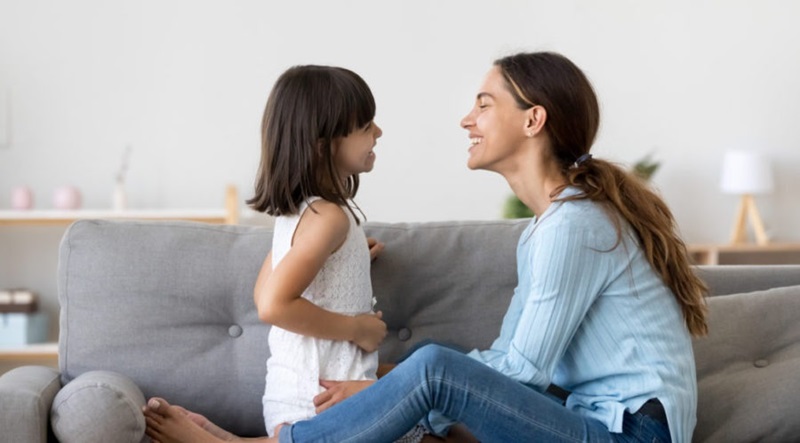How to Build Emotional Bonds with a Foster Child

Foster carers often experience different emotions as they try to integrate a foster child into their homes. One of the most common is worries surrounding creating a strong emotional bond with them and forming a positive relationship. It is common for carers to experience these types of emotions regardless of their experience. Let’s look at how carers can overcome these emotions and find ways to help children in their care trust and form strong bonds with them.
Do Not Rush
Every foster carer should understand that creating these bonds will take some time; it should be gradual, and at the child’s pace. Trying to force things or going too quickly, too soon, can cause them to pull away, making things much harder for everyone.
If you do not know how to follow their pace, it is a good idea to seek help from the agency that helped you with the fostering process. They have professionals trained and experienced in assisting new foster carers understand how to let go of the reins and instead let their foster children dictate the pace.
Help Them Understand It Is Their Home, Too
It is understandable for children and young people in foster care to be worried and anxious about living with a new family. These emotions can be a significant barrier to their integration and building emotional bonds with their new family.
Making them feel at home can help immensely. Even though a spare bedroom is one of the most crucial requirements for becoming a foster carer, you should go out of your way to make it theirs. Personalise it before they arrive and ask them what they want included or changed when they see their bedroom for the first time.
Also, show them the rest of the house so they are comfortable and open to exploring it without fear or worry.
Listen to Them
Many people fall into the habit of speaking more than they listen. This leads to poor and ineffective communication that presents another barrier to creating meaningful emotional connections. Your foster child will want to talk to you, too, and you should listen when they do.
It might be difficult hearing them unburden themselves, but doing so shows they trust you and feel they can talk to you about what is going on or what they have experienced in the past.
Spend Time with Them
Parents should spend time with their children, and this is especially important for foster carers. Doing so is an essential part of creating special bonds, but it is not enough to spend time with them only when it is convenient for you. Create time in the evenings and weekends to do the things they like together. This is also a great time to encourage them to explore their interests and hobbies with your supervision or help. You will find that they are more likely to talk to you earnestly in such a relaxed environment.
Creating strong bonds with a foster child is one way to build trust and ensure they feel they are a part of the family. It is also vital for helping them understand they can come to you when they need something or depend on you in different situations. Lastly, it makes everyone’s experience better if there are strong bonds between them.